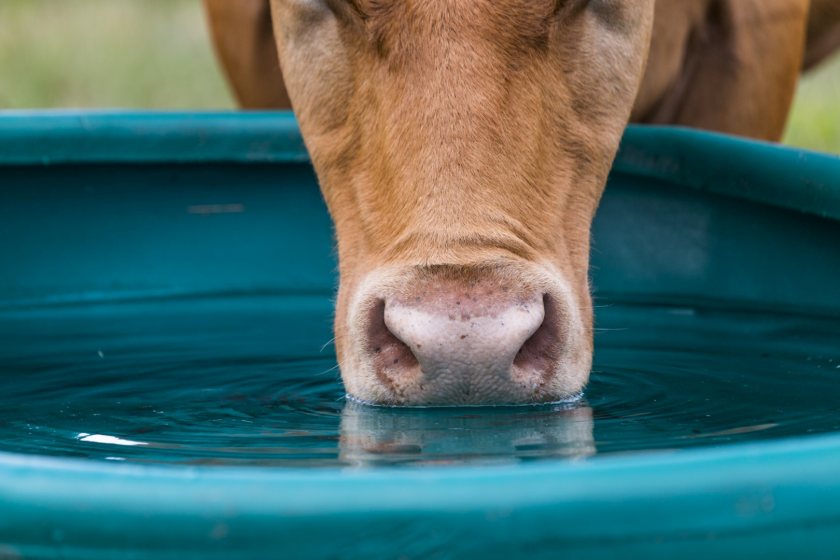Somerset dairy slashes mastitis by 37% after fixing borehole water issue

A dairy farm has slashed mastitis cases, cut water bills and boosted milk yields after tackling a hidden water contamination problem that was undermining herd health — an issue increasingly recognised across the sector as a silent but costly drain on performance.
Mary Cook of Smokey Farm, Taunton, had been relying on a mains water supply for her 280 Holstein Friesians after tests revealed that her borehole was heavily contaminated.
The farm was using around 38,000 litres a day, and switching to mains water was becoming increasingly expensive. Borehole contamination is not uncommon in older or heavily used water systems, but it often goes undetected until animal health problems emerge.
“We initially noticed that there may be a problem with the borehole water when the calves began scouring,” Mary said. Further testing confirmed high bacterial loads — including major mastitis pathogens — meaning the water could not even be used in the parlour or for plant washing.
Seeking a long-term solution, she worked with the vet-led FarmWater team and installed the company’s chlorine dioxide treatment system 18 months ago.
The results were immediate and striking: a 37% reduction in mastitis during the first year, an 81% fall in bactoscans and a 28% reduction in somatic cell counts. With no other changes in herd management or infrastructure, the improvements were attributed directly to access to clean water.
“Since installing the system, we have seen an overall improvement in the cows’ health and, in turn, milk yields,” she said. Clean troughs have also become the norm, with the persistent algal blooms she once battled now gone.
FarmWater’s fully managed chlorine dioxide system — already proven in poultry production — kills pathogens in incoming water and continually cleans the farm’s water network, including pipes, tanks and troughs.
The generator produces chlorine dioxide on-site, breaking down organic matter, biofilms, bacteria, viruses and protozoa, before the remaining chemicals neutralise into non-toxic components.
The company monitors each installation remotely, supported by veterinary oversight. “It is very easy to operate,” Mary said. “All we have to do is top up the chemical; it is automatically serviced and very simple to use.”
Financially, the gains are clear. FarmWater estimates payback in under 2.5 years, with £6,000–£7,000 in annual savings from reduced mastitis alone — before factoring in lower mains water costs or wider health benefits. Improved bactoscan and somatic cell counts also give valuable headroom to avoid milk price penalties.
FarmWater vet Phil Elkins said the reductions seen at Smokey Farm underline the scale of impact improved water quality can deliver. “It is well understood that a reduction in cell count is associated with an increase in milk production, which is great news for the herd,” he said.
“It just goes to show how important water quality is to livestock health and productivity, and the difference that can be seen by taking steps to improve it.”
Smokey Farm’s experience adds to growing evidence that clean, well-managed water supplies remain one of the most overlooked yet influential factors in modern dairy herd performance.








